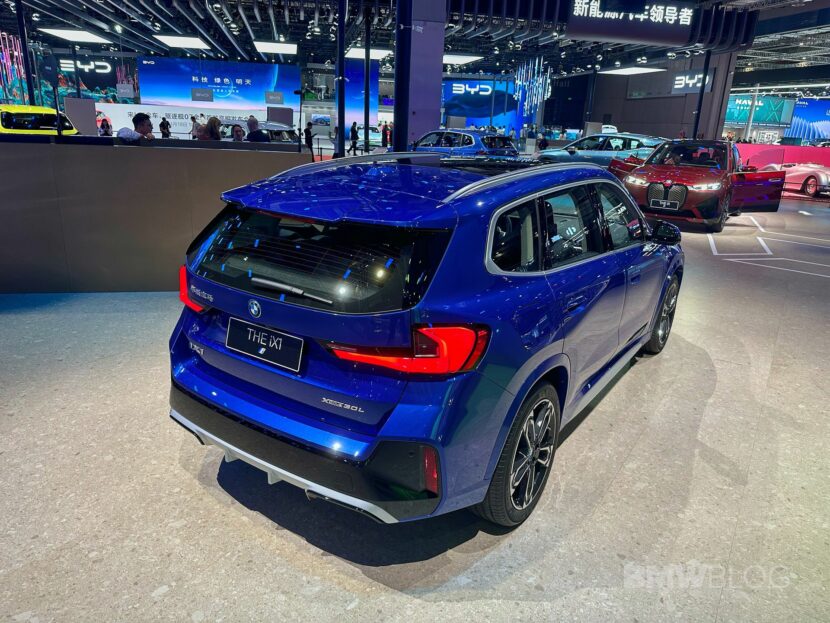Tesla has been slashing prices left and right in China for a few months in a bid to drive up sales at the expense of profit margins. BMW sees things differently as CEO Oliver Zipse says the company he’s running is strong enough to remain competitive without resorting to discounts, be they temporary or permanent. Without disclosing regional sales figures, the head honcho said the automaker managed to sell “significantly more electric vehicles in China” compared to its main rivals as well as newcomers.
China is a huge market for BMW since it accounted for about a third of all vehicles sold in 2022 when deliveries went down by 6.4% compared to the year before, falling to 791,985 units. New models are coming this year as the Auto Shanghai 2023 held last month saw the introduction of the locally made long-wheelbase X1 and its fully electric iX1. We also saw the rear-wheel-drive i7 eDrive50L.
A stretched 5 Series (G68) should arrive by year’s end or early 2024. Keep in mind the i3, a long-wheelbase 3 Series Sedan EV is built and sold exclusively in China. It’s the same story with the elongated X5 launched last year. To highlight how important the People’s Republic is for BMW, the Shanghai show hosted the world premiere of the i7 M70 as the brand’s most powerful and fastest EV to date.
In the first quarter of 2023, total deliveries in China went down by 6.6% compared to Q1 2022, at 195,100 units. It was ahead of archrivals Mercedes (190,000) and Audi (137,315).
Explaining one of the reasons for BMW’s performance in China, Oliver Zipse said during the first quarter earning calls: “The fastest growth in the Chinese market is in the base segment. Unlike here in the Western world, where it’s exactly the other way around.” He went on to specify BMW typically sells cars priced from $51,000 to $145,000 where there are fewer rivals, hence why its position isn’t jeopardized by cheaper vehicles.
Source: Automotive News Europe






































































